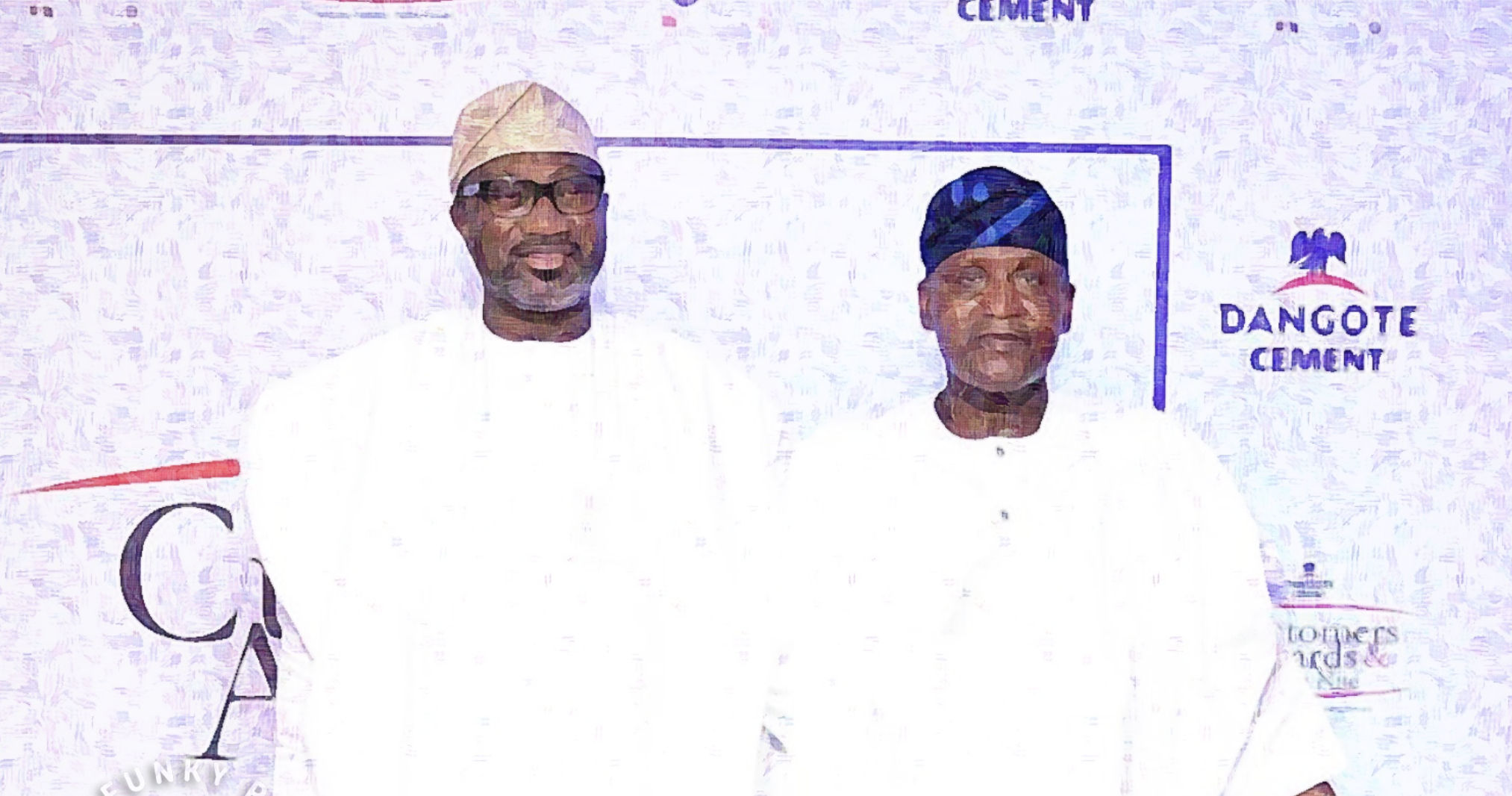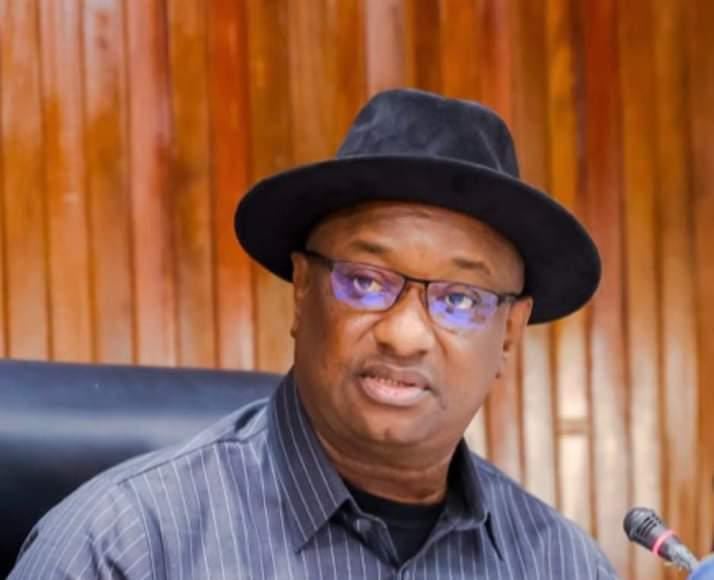Femi Otedola, chairman of Geregu Power, is the miracle man of the Nigerian Stock Exchange or the Nigeria Exchange Group (NGX). Thanks to his money moves, Dangote Cement became the first Nigerian company to attain a market capitalisation of N10 trillion. The miracle here is that only a month ago, that company had a market cap of N5.33 trillion. In other words, that company has gained N4.67 trillion in less than four weeks.
For context, Otedola invested in Transcorp Plc at N2 per share, when the company’s market cap was about N40 billion. The billionaire said at the time that he wanted to buy Transcorp Plc for N250 billion, even though the market value was less than 25% of that amount. His offer was rejected, but acquiring the company’s shares saw the price soar. Today, less than nine months after the move, Transcorp is worth over N750 billion at the exchange, with share price going as high as N19 — another miracle.
As a whole, the stock exchange saw a 45.90 percent return on investment (ROI) for the year 2023 — making it the second-best in the world, behind only Argentina, which recorded 53 percent ROI in the same year.
Some will argue that the progress at both exchanges — Argentina and Nigeria — was due to the devaluation of currencies in both countries. In June, Nigeria devalued the naira by over 35%, while Argentina weakened the peso by 50 percent in December 2023. Hence, the profit in dollar terms is not as significant.
Advertisement
The other school of thought believes “progress is progress”. This group argues that the reason for poor inflow into the stock exchange in the past was due to an overpriced naira. Devaluation of the local currency, to them, is simply a way of removing the barriers that hold investors back.
They end their argument with: “If you invest in naira, why are you calculating your returns in dollars?” And they have a point.
HOW IS INVESTING IN THE EXCHANGE FIXING NIGERIA?
Depending on when you were born, you have a certain bias toward the Nigerian exchange. If you invested — or have relatives who did — in the lucrative bank stocks of pre-2008 and lost money when the crash came, you will likely hate the exchange. If you invested during and after the crash, and your 50 kobo shares are now trading at N30 today, you may have a different sentiment.
Advertisement
For most late millennials and Gen-Zs, we believe Nigeria is not modelled to favour us. The politics is seen as belonging largely to the baby boomers, and the music, Nollywood and tech that we hold on to, thrive despite the government not because of the government. Generally, we sort of believe Nigeria does not belong to us.
We largely prefer to invest in Apple and Tesla stocks 8,000 kilometers away from home than to put our money in Okomu Oil or Transcorp Hotel, even when we know Transcorp will yield more than Apple will. Transcorp Hotel returned 1,300% in 2023, while Apple returned less than 50% over the same period.
Getting young people to invest in Nigeria builds a sense of ownership, and could be the first step in changing our sentiment about Nigeria. If young people come to believe that Nigeria belongs to them, and that they can make money in and from their own country, then they can get more involved in processes that help fix the country.
BREAKING THE BOTTLENECKS
A few Nigerian start-ups have tried to trade Nigerian stock, but have not succeeded significantly. One of the most successful start-ups in this category is Trove, which has also faced significant challenges, including an account freeze by the Central Bank of Nigeria in 2021.
Advertisement
Other fintech in this category, cautiously stay off Nigerian stocks, just to ensure that “Nigeria does not happen to them”. This is a testament to the lack of trust and ownership by young people who run these fintechs.
In 2021, when MTN Nigeria was raising funds by selling 14 percent of its stock to Nigerians in a democratised manner, the company, in collaboration with Chapel Hill Denham set up the Primary Offer app to make it easy for Nigerians to buy stock at the exchange with a few taps on a mobile phone and for as low as N4,000.
This move saw more than 114,000 new investors in the stock market, 85% of whom were under 40, signalling interest in the market, if only the process is made easy. You can buy stock on the exchange today, but the process is pretty cumbersome and a lot of young people are discouraged by this.
Stanbic IBTC Stockbrokers Ltd, ARM Securities, Meristem, Afrinvest, and Rennaisance Capital, all help trade Nigerian stocks, and do it online, but the process and publicity need to get better if we would ride this growth wave in bringing younger people into our stock market.
Advertisement
The value on our stock exchange is less than 10% of what is recorded down the road in South Africa, where the market cap easily crosses $1 trillion. Nigeria still grapples with less than $60 billion, even at the current record high. To stand a chance at competing with our peers globally, we need to democratise the market and make young people believe in it. Break the bottlenecks.
How do you think we can get young people to invest in Nigeria? Tell Mayowa on Twitter and across other social media channels @OluwamayowaTJ.
Advertisement
Add a comment







